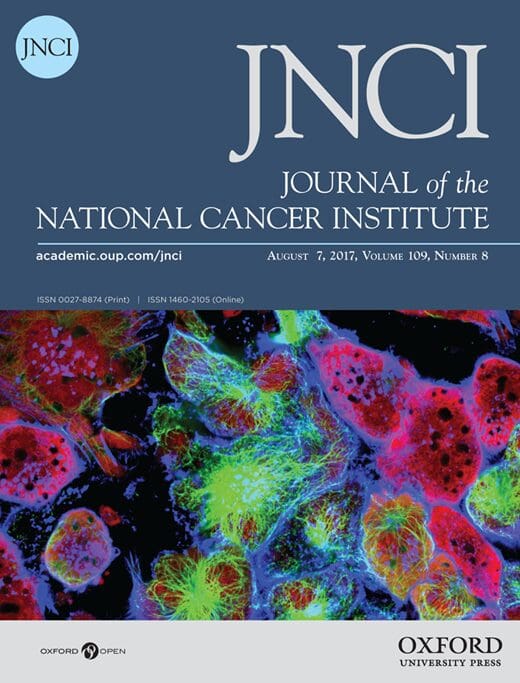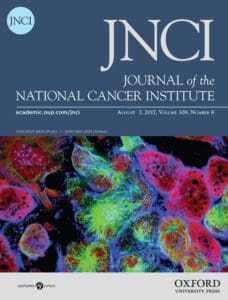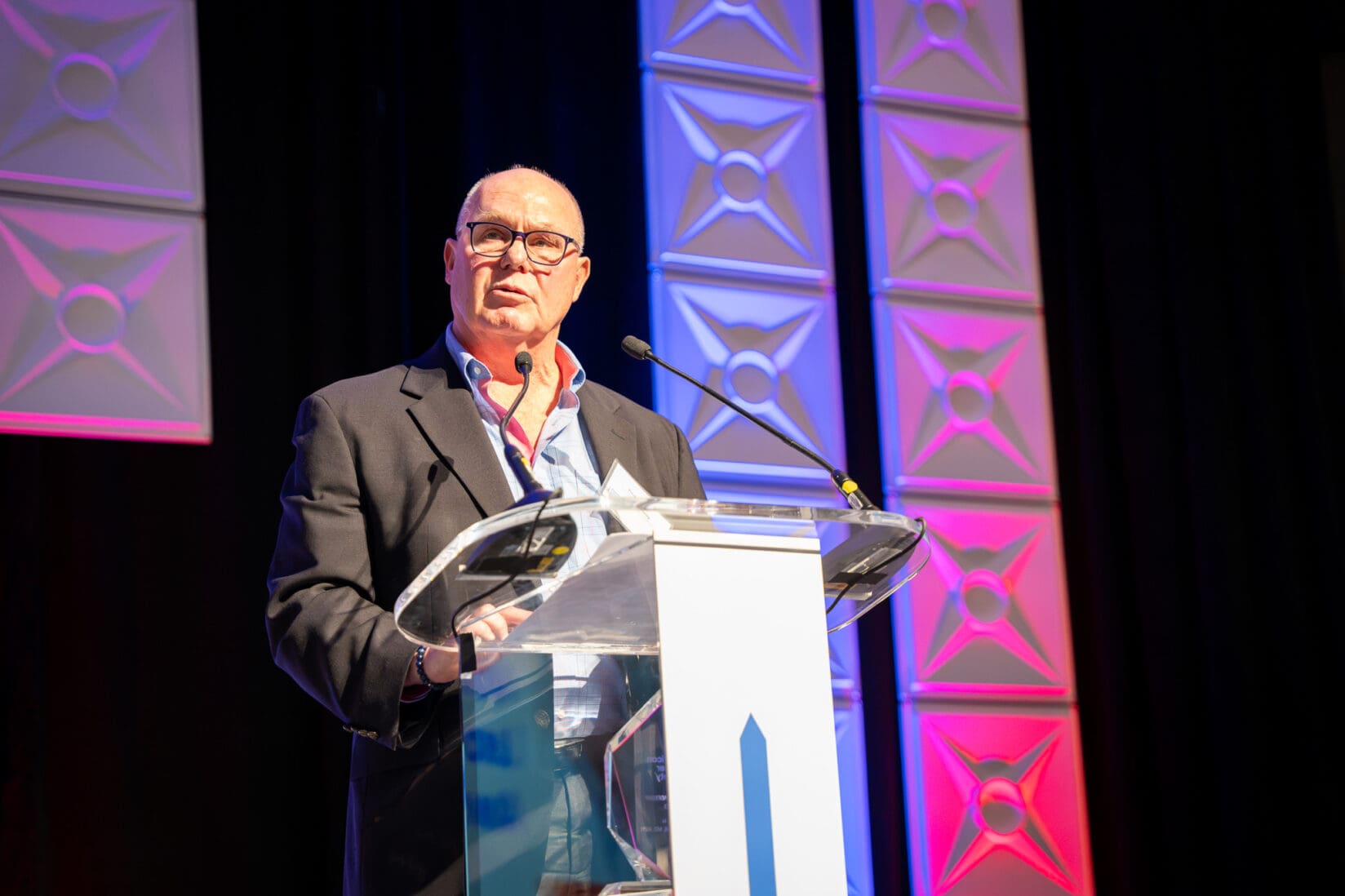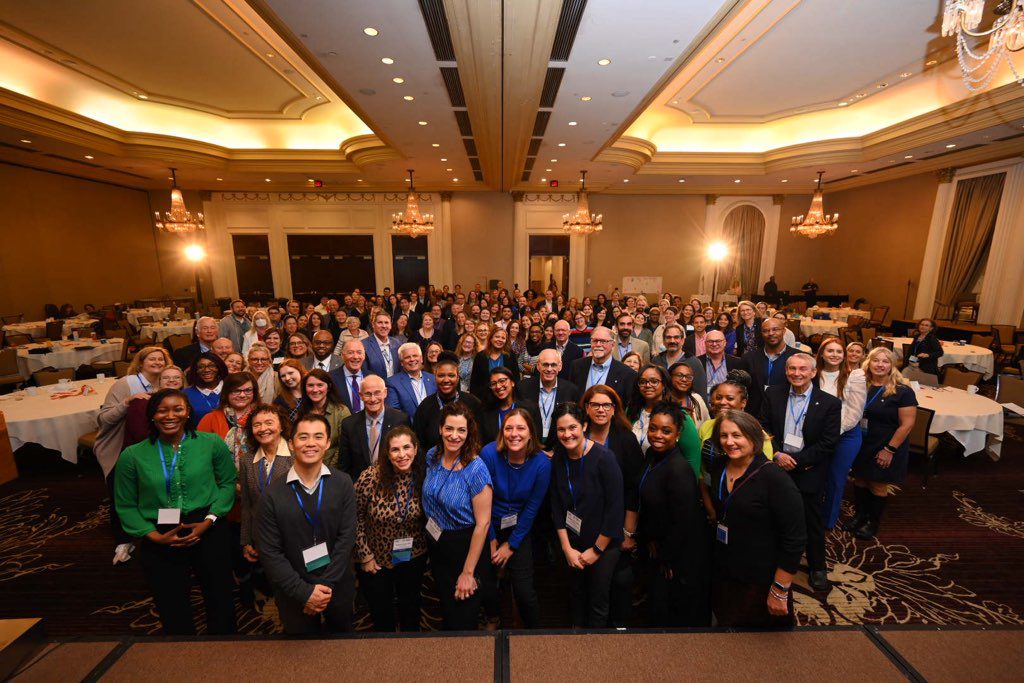New JNCI study finds CRC rates have risen dramatically in Gen X and Millennials

 A new study by American Cancer Society researchers, appearing in the Journal of the National Cancer Institute, finds colorectal cancer incidence rates are rising in young and middle-aged adults, including people in their early 50s, with rectal cancer rates increasing particularly fast. As a result, 3 in 10 rectal cancer diagnoses are now in patients younger than age 55. Many thanks to Rebecca Siegel, Stacey Fedewa and the other authors for their work on this study. Here are some early reflections on the findings and the implications for our work:
A new study by American Cancer Society researchers, appearing in the Journal of the National Cancer Institute, finds colorectal cancer incidence rates are rising in young and middle-aged adults, including people in their early 50s, with rectal cancer rates increasing particularly fast. As a result, 3 in 10 rectal cancer diagnoses are now in patients younger than age 55. Many thanks to Rebecca Siegel, Stacey Fedewa and the other authors for their work on this study. Here are some early reflections on the findings and the implications for our work:
New study findings:
- Today ACS researchers published new findings in the Journal of the National Cancer Institute that take a deeper look at rising colorectal cancer incidence among adults under age 55, even as the overall incidence of colorectal cancer in the US has been declining.
- Notably, the ACS researchers found that the risk of colorectal cancer has increased for every generation born since the 1950, for reasons we don’t yet fully understand, which makes this observation a high priority for further research.
- The rising rates in adults under age 50 is a concern because organizations only recommend screening in average risk adults age 50 and older, so we must act with urgency to understand and reverse this trend, as well as respond to the rising burden of disease in adults under age 50.
Implications of these new findings:
- While the 80% by 2018 goal is focused on increasing screening in the 50 and older population, the spirit of the effort is that we save as many lives as we can from colorectal cancer and work strategically do reverse this trend in the under 50 as well.
- The study raises the question whether there should be a change in guidelines to begin screening at a younger age. Without question, organizations that develop guidelines will be looking at these data closely to see if guidelines should be modified to address this trend.
There are things we can do now:
- The ACS and the NCCRT are working to improve how we act on a family history of the disease. Taking a proper family history, and updating it regularly can help identify adults who are at high risk and who may need to be screened at a younger age. Additionally, when a young adult is diagnosed with colorectal cancer, other family members should be alerted that they may be at higher risk. See this NCCRT brief that focuses on identifying high risk patients and families in practice.
- Further, we can do more to educate the population and clinicians that symptoms of colorectal cancer, such as blood in the stool or a persistent change in bowel habits, need to receive a proper diagnostic work up, including for those under 50, so there is not a dangerous delay of diagnosis.
- Finally, rising incidence rates in adults under age 55 are a reminder to health care providers and adults to take seriously the consensus among all current colorectal cancer screening guidelines to begin screening at age 50. Don’t put it off.
We Highlight Successes, Leaders, Best Practices, And Tools That Are Making An Impact In The Nationwide Movement To Reach 80% Screened For Colorectal Cancer.
Do you have a suggestion for a future blog topic? We welcome you to share your suggestions by emailing [email protected].
Blog Policy
Opinions expressed in these blog posts are that of the author and do not represent policies of the National Colorectal Cancer Roundtable or the author’s institution.
Our staff moderate all comments on the 80% Blog. While we do not censor based on point of view, we will delete or edit comments that are offensive or off topic. Click here to view full version.
© 2024 American Cancer Society National Colorectal Cancer Roundtable. All rights reserved.


